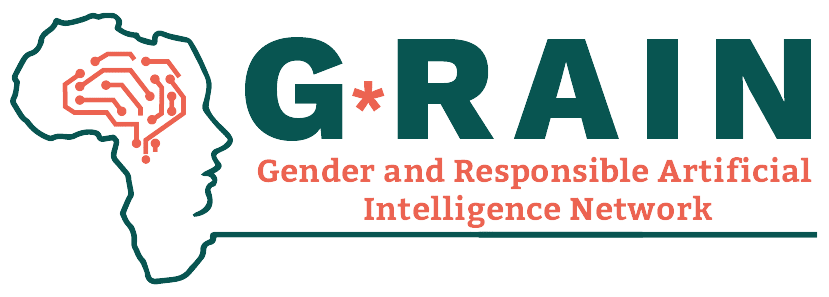IPAR took part in the second workshop to formulate the national Artificial Intelligence strategy, which was held on 21 and 22 June 2023 in Dakar under the auspices of the Ministry of Communication, Telecommunications and the Digital Economy (MCTEN).
Represented by Seynabou Sall, data expert, and Mouhamadou Dia, Communications and Technology Watch Officer, Ipar took part in working group A entitled "Accompanying, supporting and driving AI innovation (infrastructures, funding, clusters, leadership) and priority use cases" and in working group B entitled "Guaranteeing trusted, ethical and responsible AI".
Accompanying, supporting and driving AI innovation
Clearly, in Group A, Ipar contributed to taking stock of AI in Senegal, in particular by presenting the projects carried out at the IPAR on AI, its responsible and ethical use, taking into account the gender dimension and the responsible use of data (GRAIN, CLIMB, AGRIDATA).
The IPAR has also contributed to the choice of priority sectors, use cases and the implementation of a roadmap for innovation in AI. For the agricultural sector, given the inefficient management of water resources, the IPAR has proposed using AI to make accurate weather forecasts by setting up early warning systems.
The proposed roadmap for this use case is to promote and implement data collection systems to gather relevant datasets, including information on soils, weather, crops, diseases and markets, along the lines of the AGRIDATA platform. This would require a suitable technological infrastructure to collect, store and manage agricultural data, but above all to ensure that the data is regularly updated while guaranteeing security and confidentiality.
Guaranteeing trusted, ethical and responsible AI
At the level of Group B, which consisted in setting up an AI Governance framework in Senegal, the IPAR took part in drawing up the summary document of the AI strategy by providing its contributions at the level of drawing up the normative framework and the institutional framework of an ethical and responsible trusted AI. At the level of the normative framework, the project's policy note (Development and use of Artificial Intelligence Systems (AIS)) has made it possible to provide elements of a proposal at the level of AI regulation at the strategic, legal and institutional levels.
Through the DUA mapping report, the IPAR proposed the need to carry out a political, legal and institutional mapping of AI for better governance and multi-stakeholder and adaptive collaboration.
Finally, the IPAR proposed recommendations in the DUA policy paper for adopting an effective and promising AI strategy.
One of the conclusions of Group B's summary work is the IPAR's recommendation for a national consultation at ministry level, which would include the relevant study carried out by the LAS project on setting up the legal, institutional and ethical policy framework for AI in Africa.
As a reminder, Ipar took part in the first workshop on the development of the national strategy on Artificial Intelligence, held on 8 and 9 June 2023.
The aim of the workshop was to initiate the much-needed "national reflection" on AI that the Minister had called for because of its multiple impacts, by bringing together representatives of Senegal's digital ecosystem, economic players and the country's main institutions.
The aim was to draw up an initial inventory of AI in Senegal, to establish a diagnosis of the country's capacity to harness its full potential without suffering any negative impacts, and to recommend initial courses of action to achieve this. Finally, the aim was to identify priorities in terms of sectors and use cases.
These initial reflections from the launch workshop were intended to structure the preparation of the in-depth workshops scheduled for 21 and 22 June 2023.
On Monday 15 May 2023 in Saly, the IPAR took part in a "panel of experts on artificial intelligence as a lever for development". Read more
IPAR is continuing to implement the LATCH project in pilot countries. After Senegal, Burkina (CEDRES) and Read more






